The News-Hub/ Articles
Back to Articles
Recommended Articles
The Recycling Industry: Who Really Benefits?
From metal straws to grocery tote bags, the average Joe is doing his part in the recycling and re-use effort. (I personally bought every Star Wars themed canvas bag I could at the local supermarket, but that’s my own issue.)
That being said, where are the big investors? Why, in this age of technology, has recycling not become the powerhouse that the 90’s envisioned it would be?
You can probably guess the reason – profit. Mountains of recyclable material often remain in storage until the price rises to a level where the cost of collection, processing and packaging can be seemingly justified, and thus make a good profit. And so, unless consumers purchase recycled products, the market for recycled goods will remain unsuccessful.
“The success of recycling...won’t depend on how much landfill space is saved but on whether or not recycling makes economic sense.” - David Biddle, Harvard Business Review
Raw Materials vs Recycled Materials
Even after the material is recycled it must compete with completely raw materials, which is often marketed to consumers as ‘eco-friendly’ and ‘clean’. For example, the High-Density Polyethylene (HDPE) industry can earn a relatively good profit of $250 per tone when using recycled materials. Yet, HDPE still chooses raw over recycled materials countless times, despite having developed an overcapacity of virgin resins.
With such competition, the myth that recycled products are of lower quality doesn’t help. Goods made from recycled materials often sit in the ‘uncanny valley’ for some consumers - they are made to look like raw materials, but still just aren’t quite right. Take plastic lumber-- though it is stronger and more durable than wood, companies and consumers are still more likely to turn to its virgin material counterpart. If companies were to market their recycled material as their first choice instead of the alternative, it would be extremely beneficial.
Plastic recycling has been hit especially hard. With record low prices of virgin materials, and the current market conditions caused by our little friend Covid-19, many European plastic recycling plants are closing production.
The Changes to the Recycling Landscape
Many grass-roots social campaigns have focused on reducing plastic-use as a whole, including straws and supermarket packaging. This hopefully hints at a lesser need for the recycling of plastics, if the virgin materials are losing their appeal in the first place. But for now, businesses are finding themselves reliant on the price of oil in their competition against raw materials.
It’s not all bad news though. Many materials are still pretty valuable, such as aluminium cans, steel and cardboard. “We’ve started to get a lot more of this [cardboard packaging] because of all the online shopping”, reported industry veteran Robert Reed in an interview with the Financial Times.
On top of this, about 70% of aluminium cans used globally are already recycled. Companies like Novelis, an aluminium rolled products company, supply recycled aluminium to both the packaging and car industries. Aluminium itself is perfect for recycling, as it can be easily, and sustainably, melted down, utilised, and sold again and again.
But plastic is still the problem child. With China completely reducing the amount of plastic it takes in from G7 countries, the industry has a surplus that it cannot shift, let alone turn into a profit. China went from importing over 60% of the world’s plastic waste in the first half of 2017, to drastic decrease of importing only 10% that same year after the ban was implemented.
For decades, recycling has been promoted as the single thing a household can do to save the planet. But as the industry collapses, we must ask whether it’s better to cut out the proverbial middle man, and reduce, reuse, but not recycle. “Reducing” and “reusing” are both things one can manage and monitor themselves instead of outsourcing to a company whose main interest is to make a profit.
Together, let us not allow the environment to be used as a selling point.
1 comment
Empty content. Please select category to preview



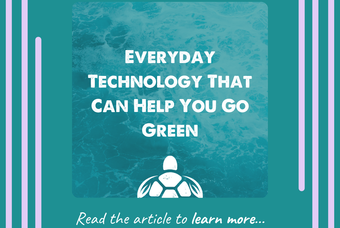
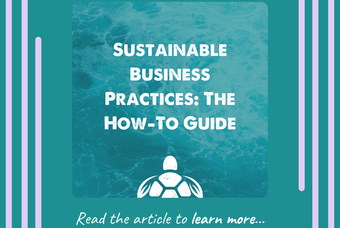

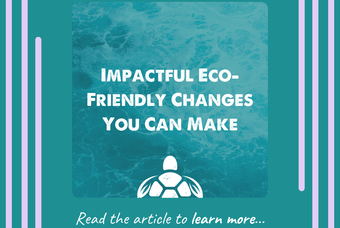
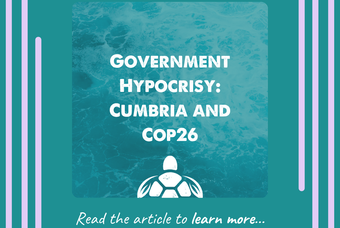
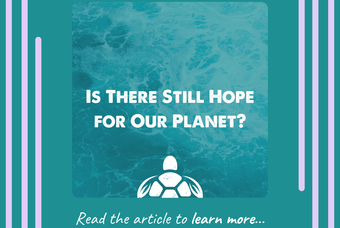
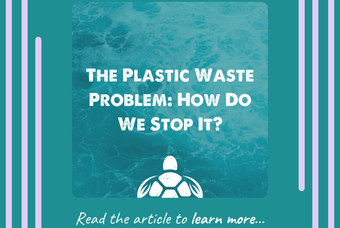

The government NEEDS to give BIG tax breaks to companies that buy recycled plastic for their products! Also, government should give money to help fund recycling plants…both sides should be helped.